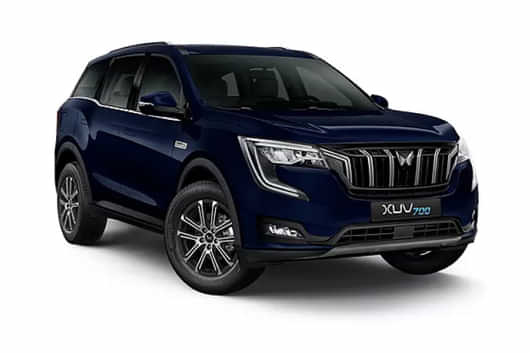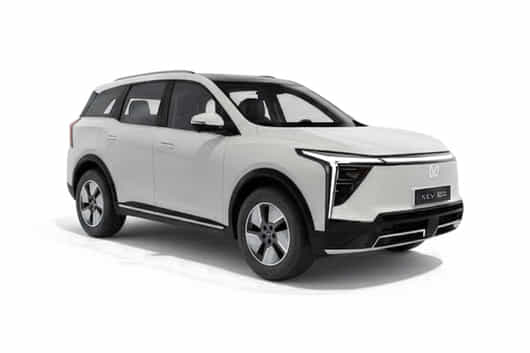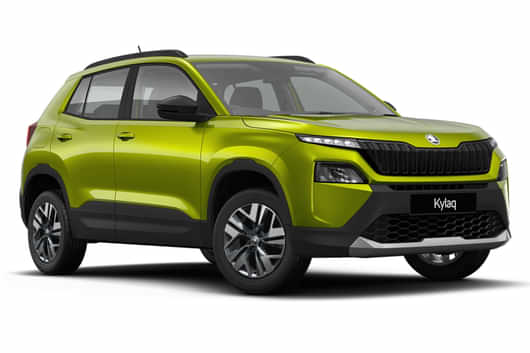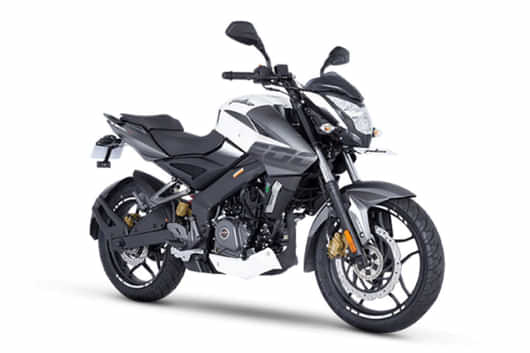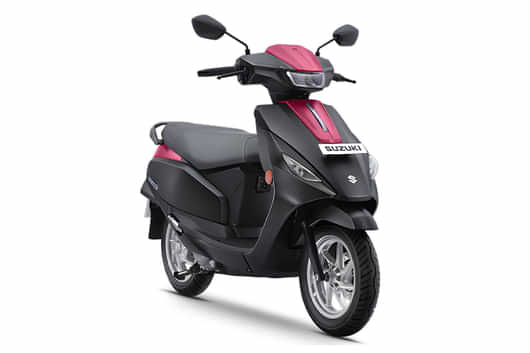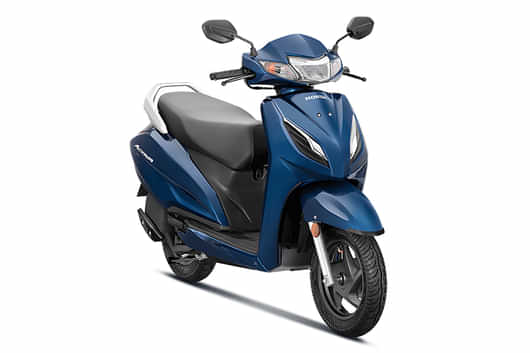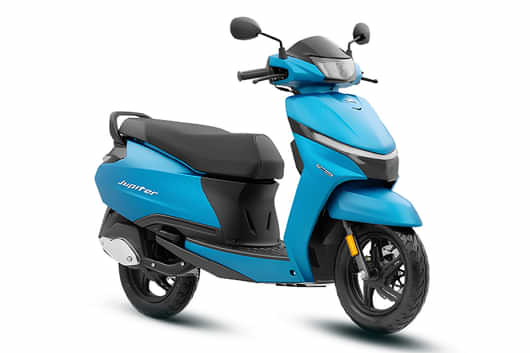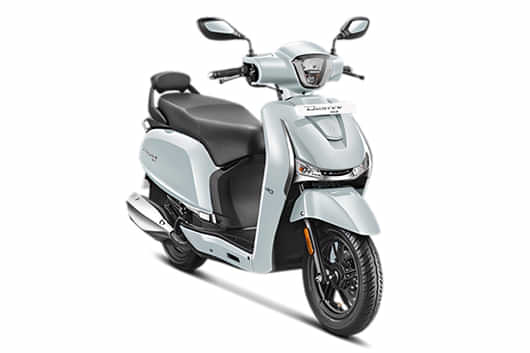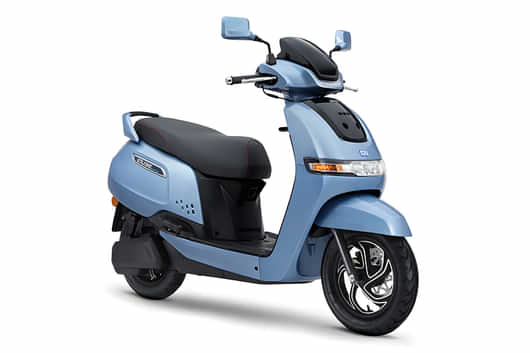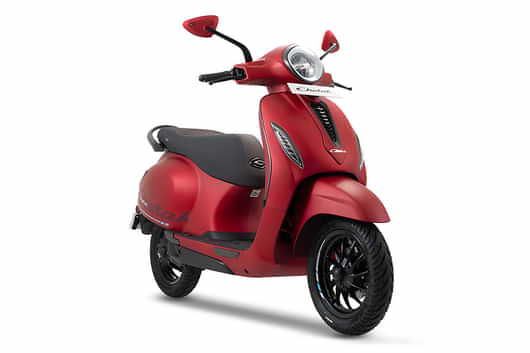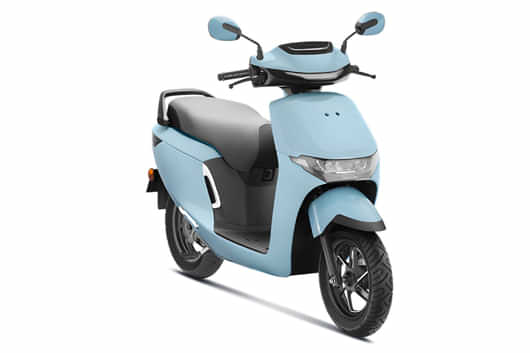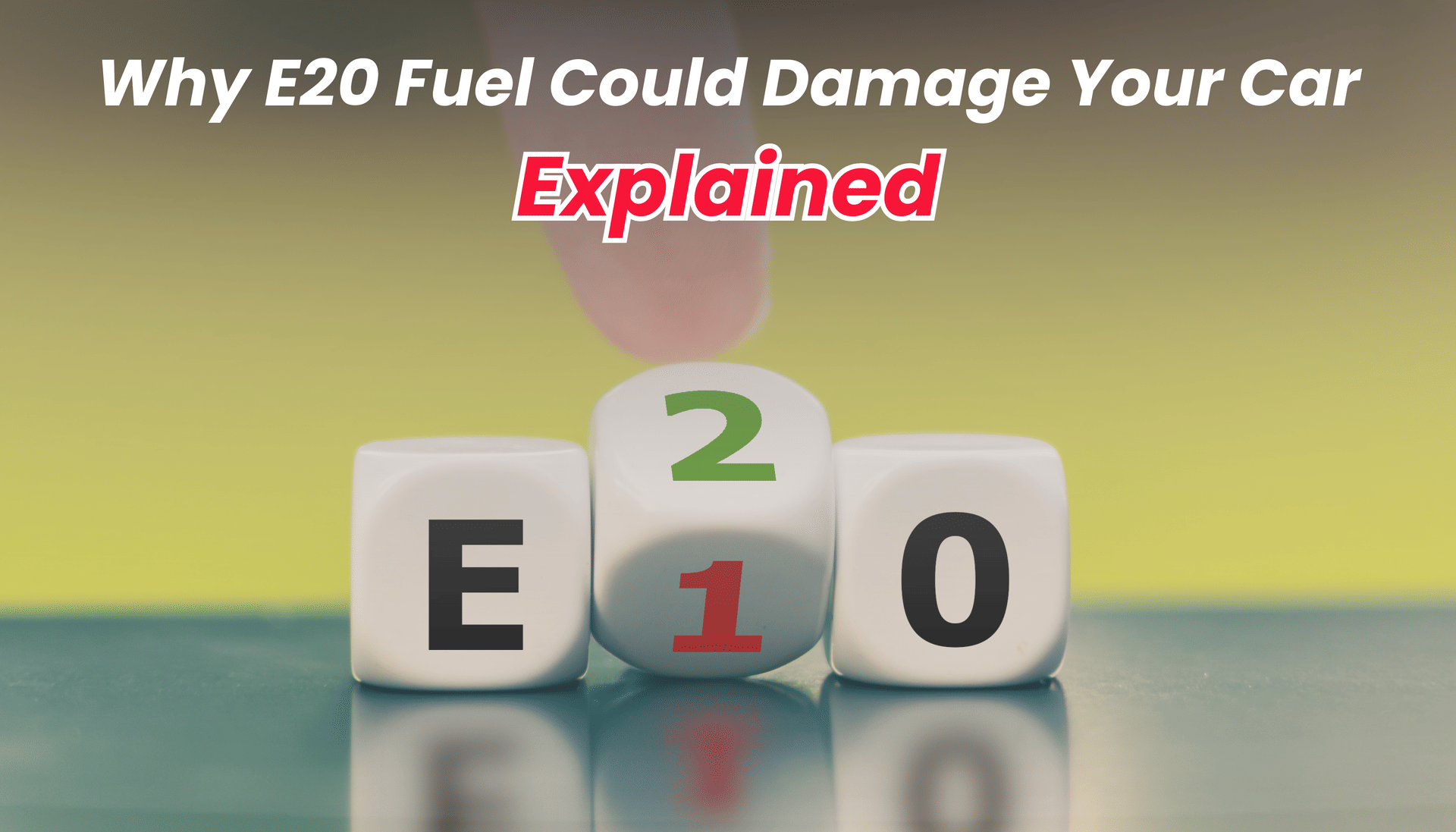
KEY HIGHLIGHTS
- E20 fuel aims to cut emissions and imports.
- Older cars may face mileage drop with E20.
- Ethanol in E20 can corrode car components.
- Non-E20 cars risk warranty void and repairs.
- Check compatibility, consider retrofit kits for safety.
E20 fuel is a mixed fuel that contains 20 percent ethanol and 80 percent petrol. India has fast-tracked its rollout with the aim of reducing crude oil imports, supporting domestic ethanol production, and lowering carbon emissions. While the intent behind E20 is environmentally sound, its introduction has raised a crucial question for car owners: how does it affect my car? Is it safe for the your car's engine? This is what we will help you understand with this article. Don't forget to join our 91Wheels WhatsApp Community to stay versed on the latest automotive news.
Read more: Tata Harrier & Safari Petrol Variants Launch Highly Likely This November
Why E20 Fuel Is Being Pushed
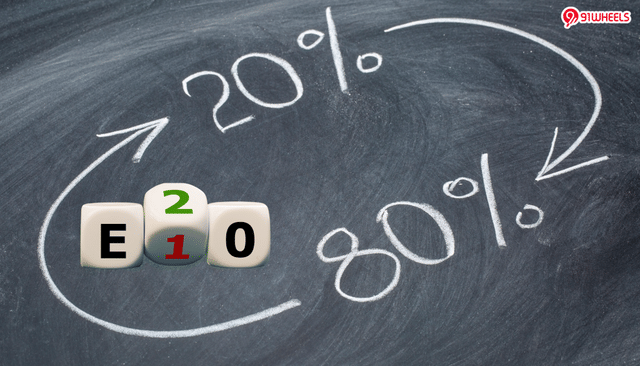
The benefits of ethanol-blended petrol are clear on paper. Ethanol is a cleaner fuel, which means lower greenhouse gas emissions compared to pure petrol. It also supports farmers by creating demand for crops like sugarcane and maize that are used in ethanol production. In fact, ethanol has a higher octane rating than petrol, which can result in smoother acceleration and a refined driving feel. So, at first glance, E20 looks like a win-win for both the environment and the economy.
The Flip Side: How E20 Fuel Mess With Your Car?
Mileage Drop
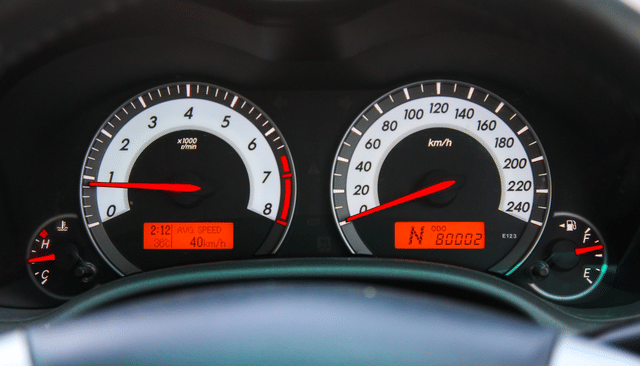
One of the biggest complaints from drivers using E20 fuel is a drop in mileage. Ethanol contains less energy per litre than petrol, which directly impacts fuel efficiency. Reports suggest that while newer cars designed for E20 may only lose about 1-2% efficiency, older vehicles can experience anywhere from 3-6% drops, and in some real-world cases, drivers have reported mileage going down by as much as 15-20%. This means more frequent visits to the fuel station and higher running costs.
Material Damage to Car Components

Ethanol is a highly corrosive and hygroscopic substance - meaning it attracts water from the environment. This combination can be problematic for cars not designed for E20. Rubber hoses, gaskets, and certain types of plastics may degrade faster, while metal components such as fuel lines and tanks are at risk of rust due to absorbed moisture. Moreover, ethanol acts as a solvent, loosening up old deposits in the fuel system, which can clog filters and injectors, leading to rough running or stalling.
Compatibility and Warranty Risks
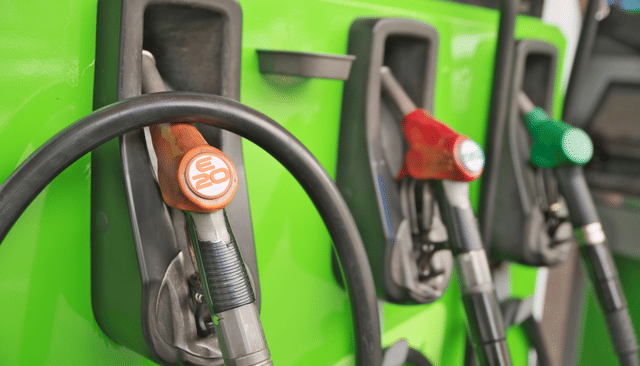
Not all cars on Indian roads today are ready for E20. Most vehicles manufactured after April 2023 are built with E20 compatibility in mind. Older cars, however, are typically certified for E10 or even lower ethanol blends. Using E20 in such cars may not only accelerate wear and tear but could also void warranties if manufacturers specify lower ethanol tolerance. In short, pouring E20 into the wrong car can leave the owner footing hefty repair bills.
Cold Start and Performance Issues
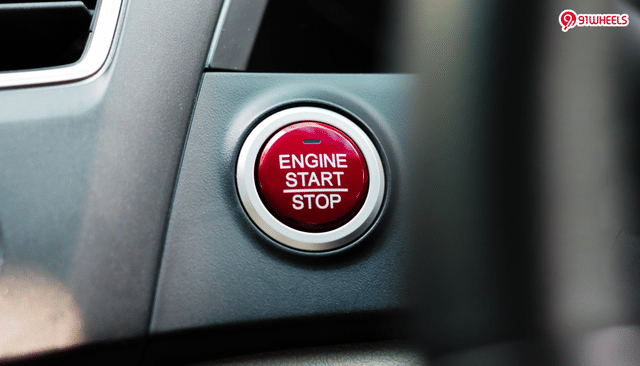
Another technical challenge comes during cold starts. Ethanol-rich blends are harder to vaporize in low temperatures, making older engines struggle to start in winter conditions. While this is less of a problem in modern, fuel-injected vehicles, older carbureted cars may find it more noticeable. Drivers have also complained about sluggish acceleration and jerky performance in cars not tuned for E20.
Government's Assurance Vs Real Complaints
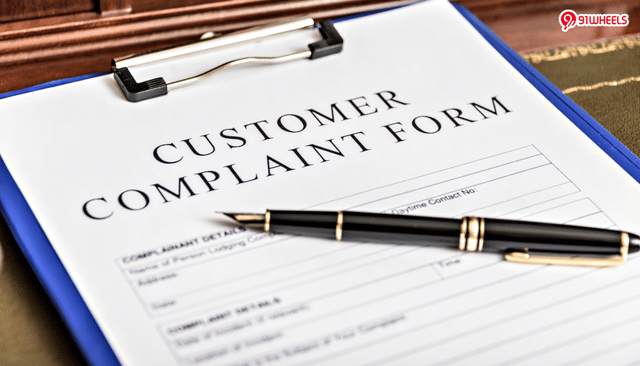
The government and testing agencies like ARAI claim that E20 fuel causes minimal performance loss and does not damage engines in the long run. According to their research, fuel economy drops only marginally, and material upgrades in modern cars ensure safety. However, many car owners (especially those with older models) have shared experiences of reduced mileage, harder starts and higher maintenance costs. The reality, therefore, lies somewhere in between: while new cars are relatively safe, older ones may indeed struggle with this transition.
E20 Fuel: What Car Owners Should Do
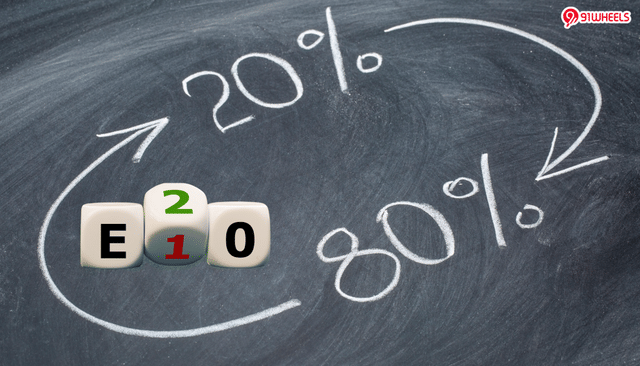
For car owners, the key is awareness. First, check your vehicle's manual or fuel cap to see whether your car is E20-ready. If not, try to use E10 where available, or consult your manufacturer about retrofit kits - some companies, like Maruti Suzuki, already provide affordable kits with E20-resistant hoses and seals. Secondly, keep an eye on your car's mileage and engine behavior after switching to E20. If you notice significant changes, get your car inspected. Finally, avoid storing E20 in your tank for long periods since ethanol attracts water, which could damage the fuel system.
Read more: Volvo EX30 Bookings Open From August 20; Deliveries In October
Verdict
The introduction of E20 fuel is a bold step toward cleaner energy and reduced dependence on fossil fuels. But it isn't without side effects - especially for older vehicles on Indian roads. While newer cars are engineered to handle E20 with minimal compromise, older cars face risks ranging from reduced fuel efficiency to material corrosion and warranty issues.
For now, the best approach for car owners is to stay informed, check compatibility, and take preventive measures. The E20 transition is here to stay, and adapting smartly will make the shift less painful for your wallet and your car.

















